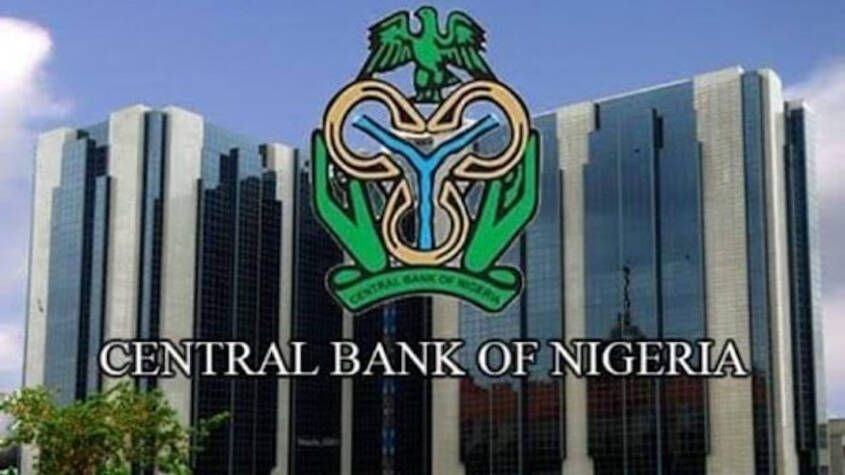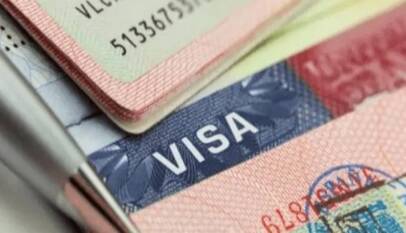Nigeria and South Africa could be removed from the Financial Action Task Force (FATF) grey list as early as next month—a move that could significantly boost investor confidence in both countries’ financial systems.
The Paris-based FATF, which oversees global efforts to combat money laundering and terrorist financing, placed Nigeria and South Africa on the grey list in February 2023 due to shortcomings in their anti-money laundering and counter-terrorism financing frameworks.
However, recent on-site inspections conducted in Nigeria, South Africa, Burkina Faso, and Mozambique showed considerable progress, according to reports cited by Bloomberg. These findings could lead to their removal from the grey list during the FATF plenary session scheduled for October 24 in Paris.
While the final decision requires consensus among FATF’s 39 member jurisdictions, which includes the U.S., UK, European Commission, China, and Japan, experts believe the likely delisting of Nigeria and South Africa would send a strong message to global markets.
Lauren van Biljon, Senior Portfolio Manager at Allspring Global Investments UK Ltd, stated that the removal would validate the reforms made since the listing. “It would be confirmation that the reforms and measures put in place in the wake of the grey listing are both significant and sticky,” she said, adding that although the direct market impact might be limited, a short-term lift in asset prices is possible.
Nigeria’s presence on the grey list carries major economic consequences. A 2021 IMF study found that countries under FATF’s increased monitoring often experience a steep decline in capital inflows, as foreign investors steer clear of jurisdictions flagged for weak financial controls.
For Nigeria and South Africa, both facing economic pressures, exiting the list would improve their global financial standing and could open the door for renewed foreign investment. Nigeria has faced heightened scrutiny over capital flows and weaknesses in anti-money laundering controls.
Earlier this year, Hafsat Bakari, CEO of the Nigerian Financial Intelligence Unit (NFIU), announced that Nigeria was on track to exit the grey list by late 2025. She emphasized that the FATF’s approval of Nigeria’s fifth progress report was a significant milestone, reflecting the country’s commitment to international standards in combating financial crime.
The FATF grey list, also known as “Jurisdictions under Increased Monitoring”, includes countries with strategic deficiencies in their anti-money laundering and counter-terrorism financing regimes. Grey-listed countries face greater international scrutiny and higher compliance costs for businesses operating within or in partnership with them.
For Nigeria, the outcome of the FATF’s October plenary session will determine whether President Bola Ahmed Tinubu administration’s reforms are enough to warrant delisting.
For President Tinubu, this could be a major gain and campaign tool for the 2027 presidential election.


































